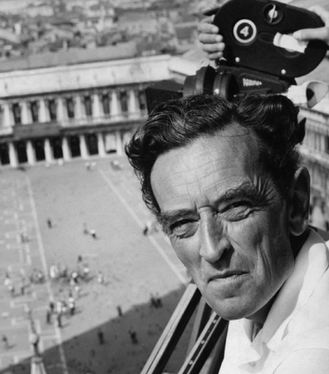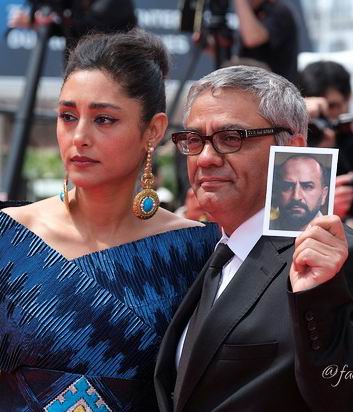|
|
| Welcome to Online Film Home! |
|---|
|
|
|

Lean, David |
Date of birth
25 March 1908, Croydon, Surrey, England, UK
Date of death
16 April 1991, Limehouse, London, UK
David Lean (March 25, 1908 - April 16, 1991)
Director, writer, and producer David Lean, grew up in a strict religious background in which movies were forbidden, to become one of the world’s most celebrated filmmakers.
Beginning as a tea boy in the mid-‘20s, he was lucky enough to move into editing just as sound films were coming on the scene.
By the mid-’30s, he was regarded as one of the top in his field. Lean turned down several chances to make low-budget films, and got his first directing opportunity (unofficially) on Major Barbara (1941), one of the most celebrated movies of the early ‘40s. Noel Coward hired Lean as his directorial collaborator on his war classic In Which We Serve (1943), and, after that, Lean’s career was made.
“My distinguishing talent is the ability to put people under the microscope, perhaps to go one or two layers farther down than some other directors.”
For the next 15 years, he became known throughout the world for his close, intimate, serious film dramas. Some (This Happy Breed 1944, Blithe Spirit 1945, and Brief Encounter 1945) were based upon Coward’s plays, which the author had given Lean virtual carte blanche to film. Others ranged from Charles Dickens adaptations (Great Expectations, 1946, Oliver Twist 1948) to stories about aviation (The Sound Barrier 1952).
In 1957, in association with producer Sam Spiegel, Lean moved out of England and into international production with his epic adaptation of Pierre Boulle’s Japanese prisoner-of-war story The Bridge on the River Kwai, a superb drama starring Alec Guinness, Jack Hawkins, and William Holden that expanded the dimensions of serious filmmaking.
Lean’s next film, Lawrence of Arabia (1962), based on the life and military career of World War I British hero T.E. Lawrence, became the definitive dramatic film epic of its generation.
Doctor Zhivago (1965), a complex romance about life in Russia before and during the revolution, opened to mixed reviews but went on to become one of the top-grossing movies of the ‘60s, despite a three-hour running time.
With an armload of Oscars behind him from his three most recent pictures, with combined box-office earnings of as much as 300 million dollars, Lean was established as one of the top “money” directors of the decade.
But his next movie, the multimillion-dollar, 200-minute Ryan’s Daughter (1970), fared far less well, especially before the critics, who almost universally condemned the slowness and seeming self-indulgence of its drama and scale.
Disheartened by its reception, Lean took more than ten years to release his next film, the critical and box-office success A Passage to India (1984). He was working on Nostromo, based upon Joseph Conrad’s book, at the time of his death in 1991.
Lean's fascination with the effect of natural environment on character and motivation led him to the wildest parts of the globe - a restless quest that was reflected in the powerful, contradictory emotions that swayed his protagonists....
David Lean was at once the most prestigious and most mysterious British film director; he was also perhaps the least understood, having had an unenviable reputation among the most influential British and American critics.
Lean's films, especially his later ones, attracted huge audiences and won Academy Awards, yet the majority of commentators dismissed him as a brilliant technician without a personality, squandering needlessly inflated budgets on calculatedly tasteful spectacles. Rarely interviewed, Lean was widely regarded as remote and outmoded.
Lean was not a prolific director but preferred to be highly selective and to control every aspect of his productions; his perfectionist techniques were legendary, His last three films brought him much personal wealth, enabling him jealously to guard his privacy and left him free to travel extensively to research new projects.
He was an intensely likeable man, very distinguished-looking, disarmingly modest about his own achievements and generous and perceptive in his praise of other people's.
Selected filmography of
Lean, David
1984
A Passage to India (1984)
1970
Ryan's Daughter (1970)
1965
Doctor Zhivago (1965)
1962
Lawrence of Arabia (1962)
1957
The Bridge on the River Kwai (1957)
1948
Oliver Twist (1948)
1946
Great Expectations (1946)
1945
Brief Encounter (1945)
|
|
|
|

Cannes 2024 |
Choose an item to go there!
|
| |
|
|

